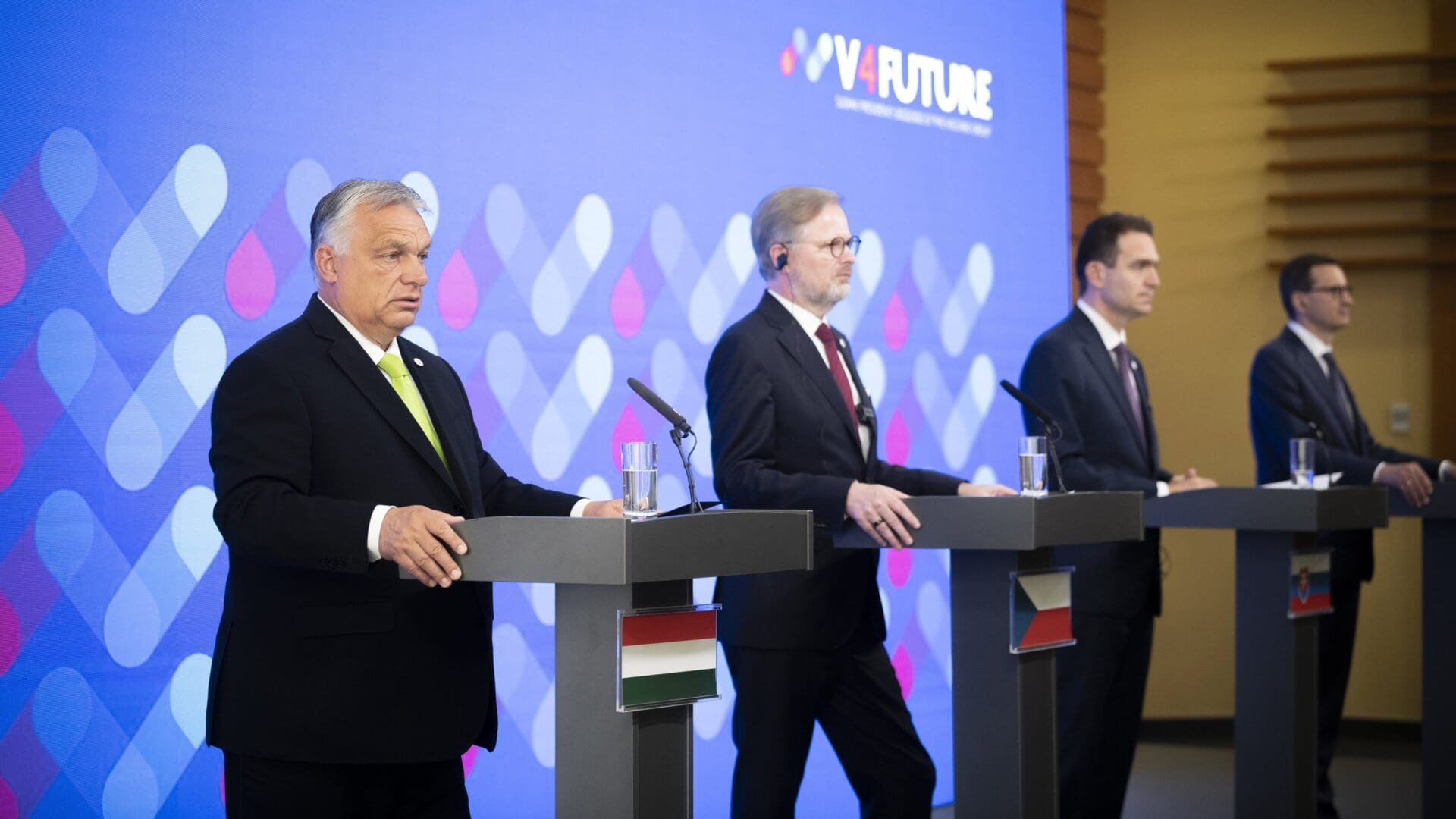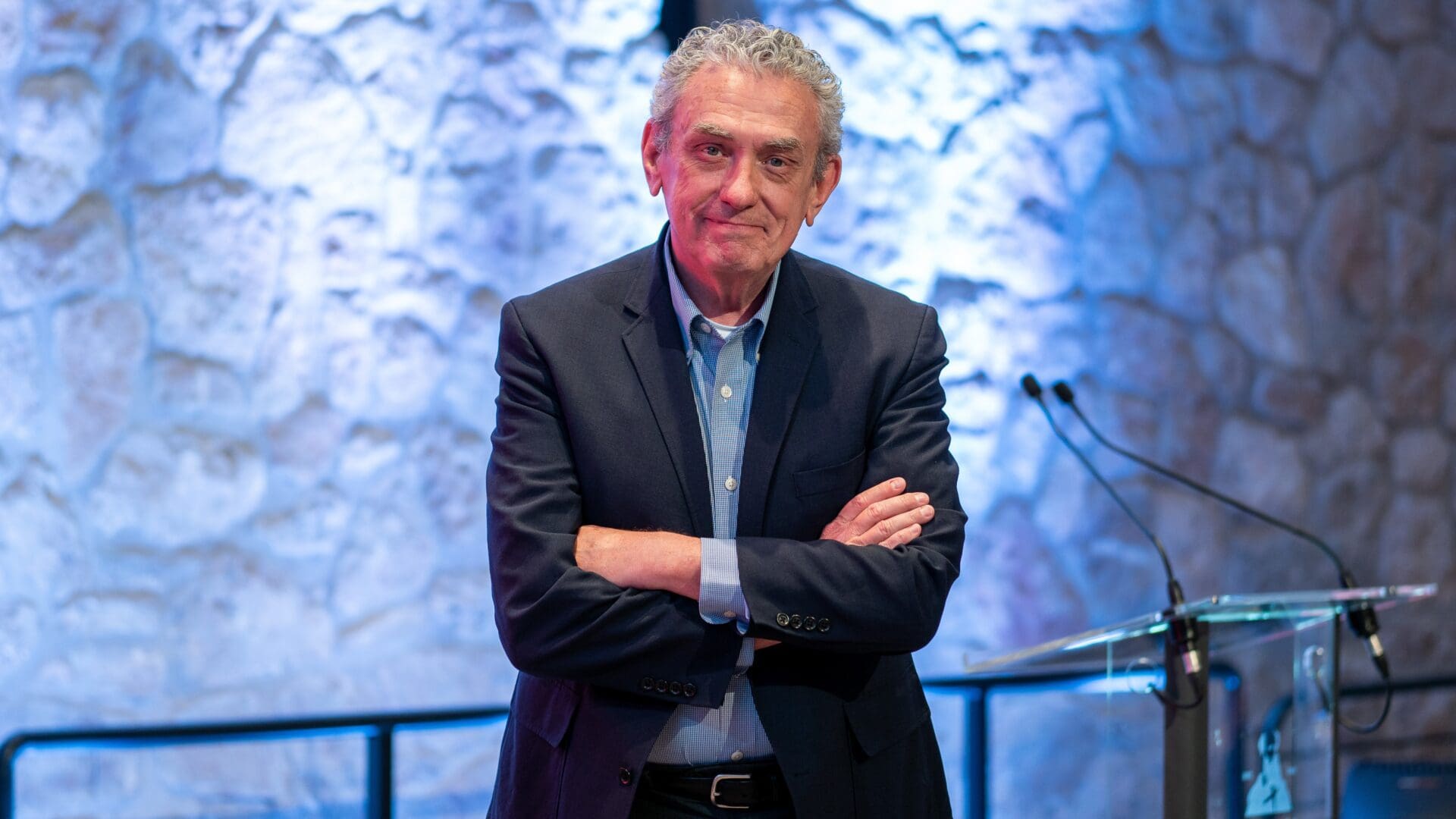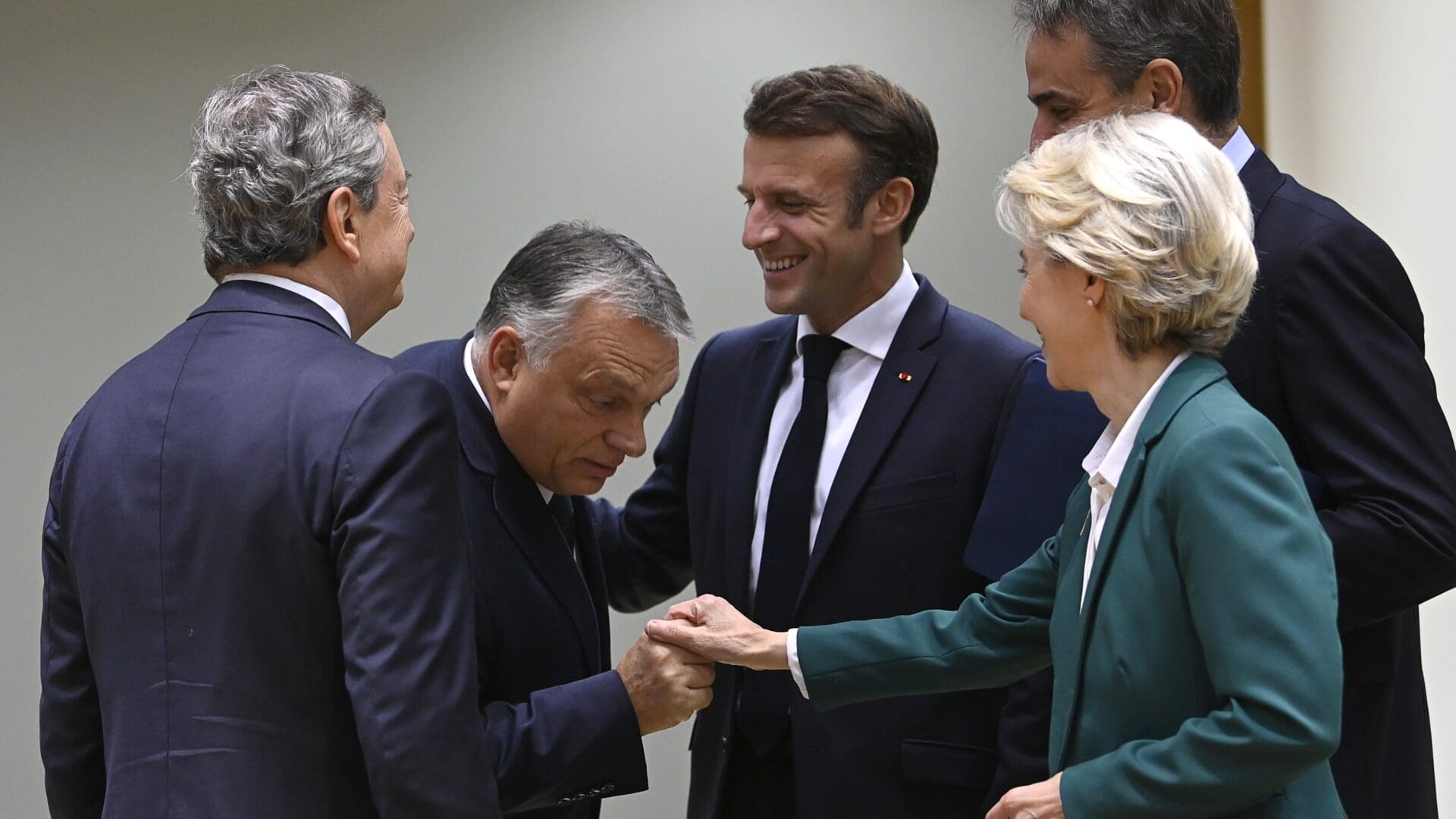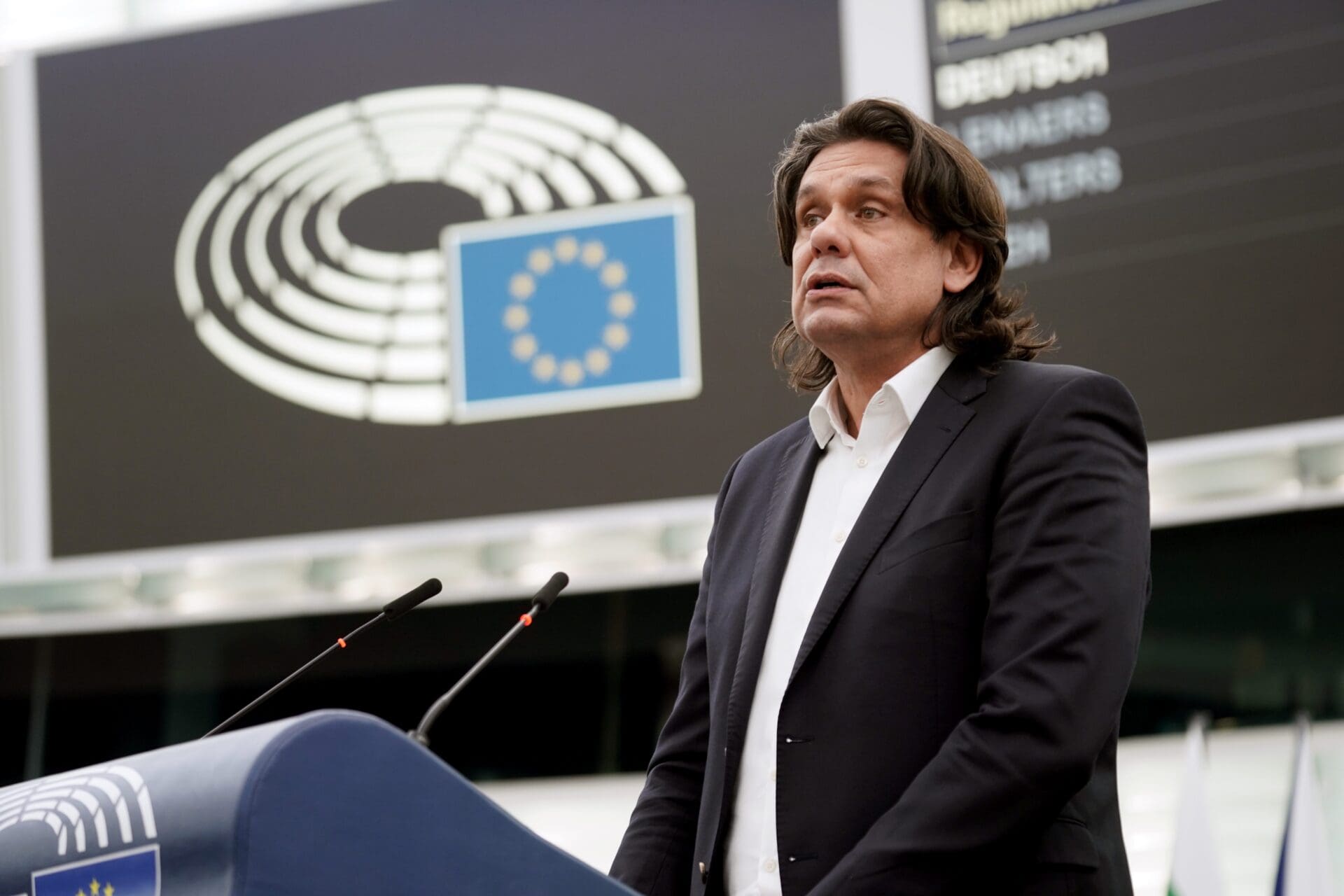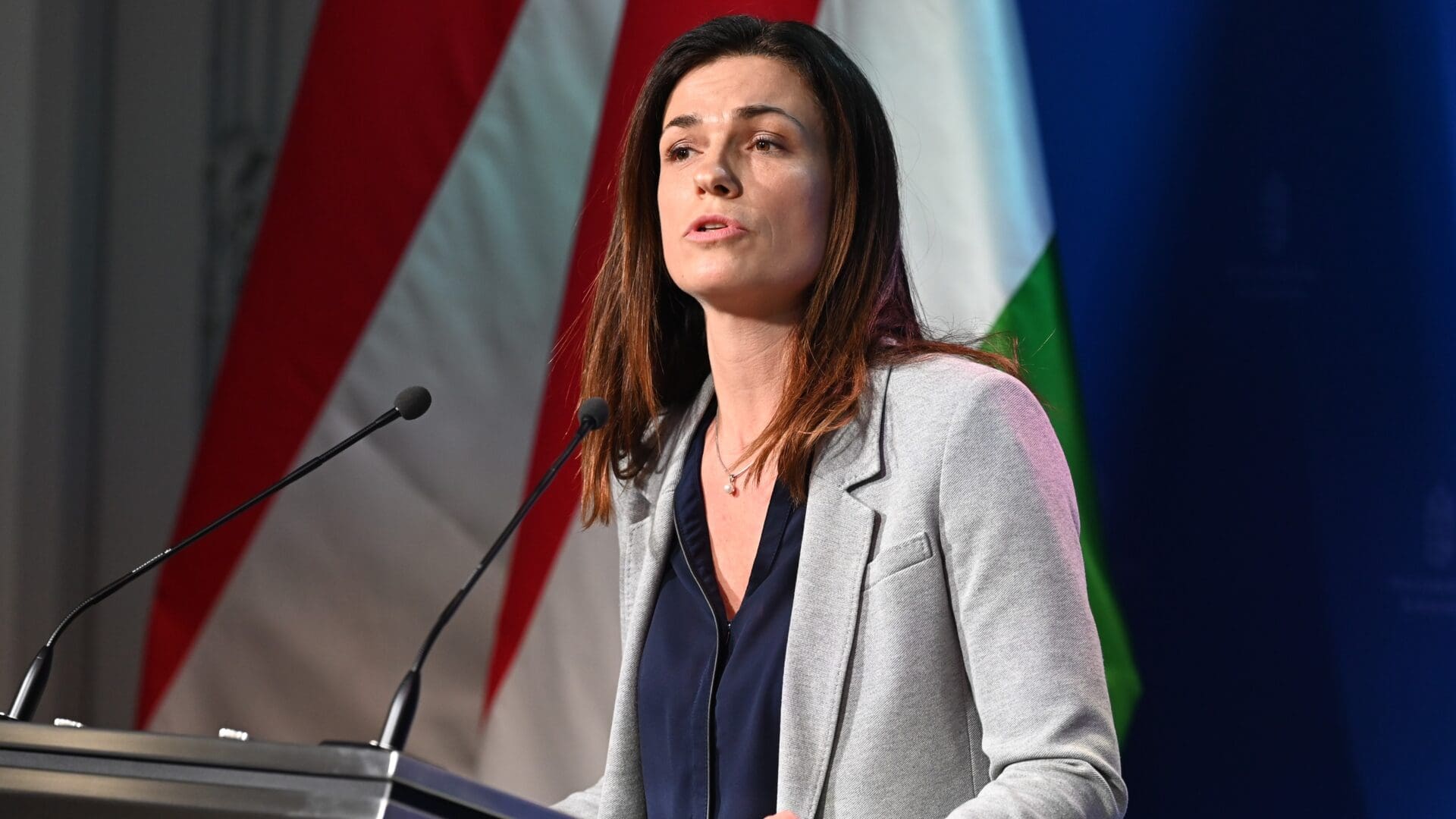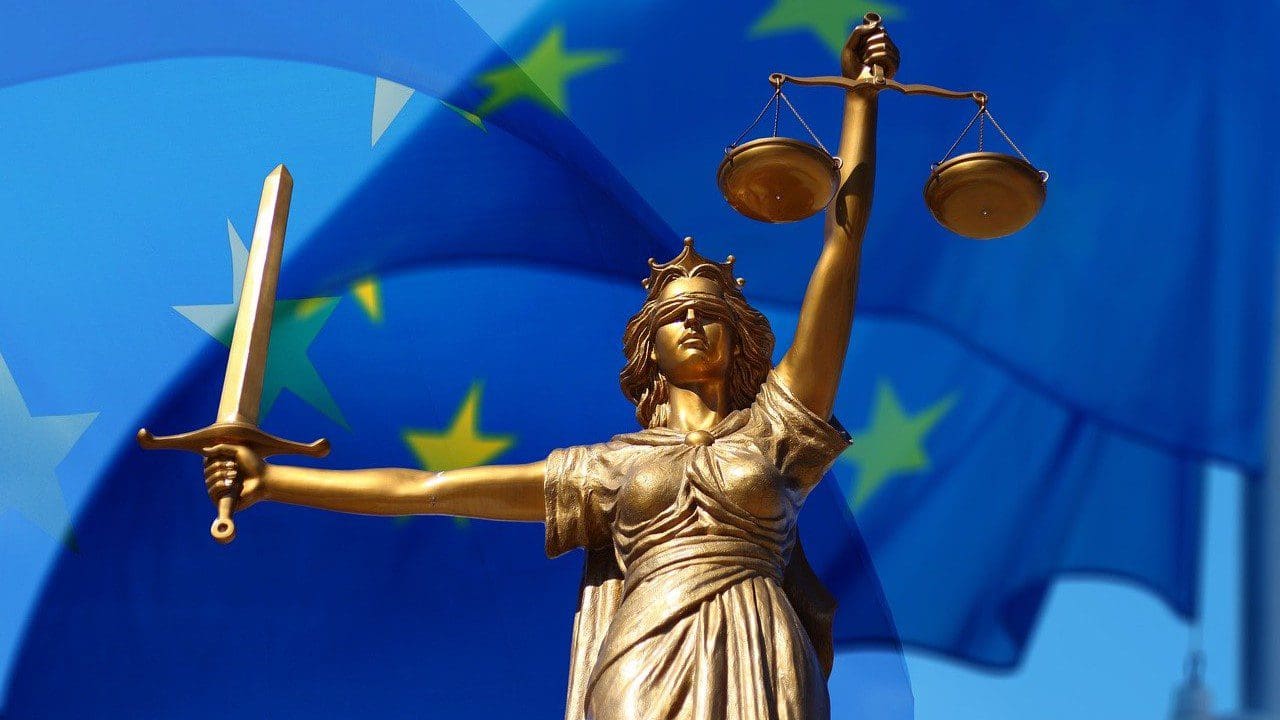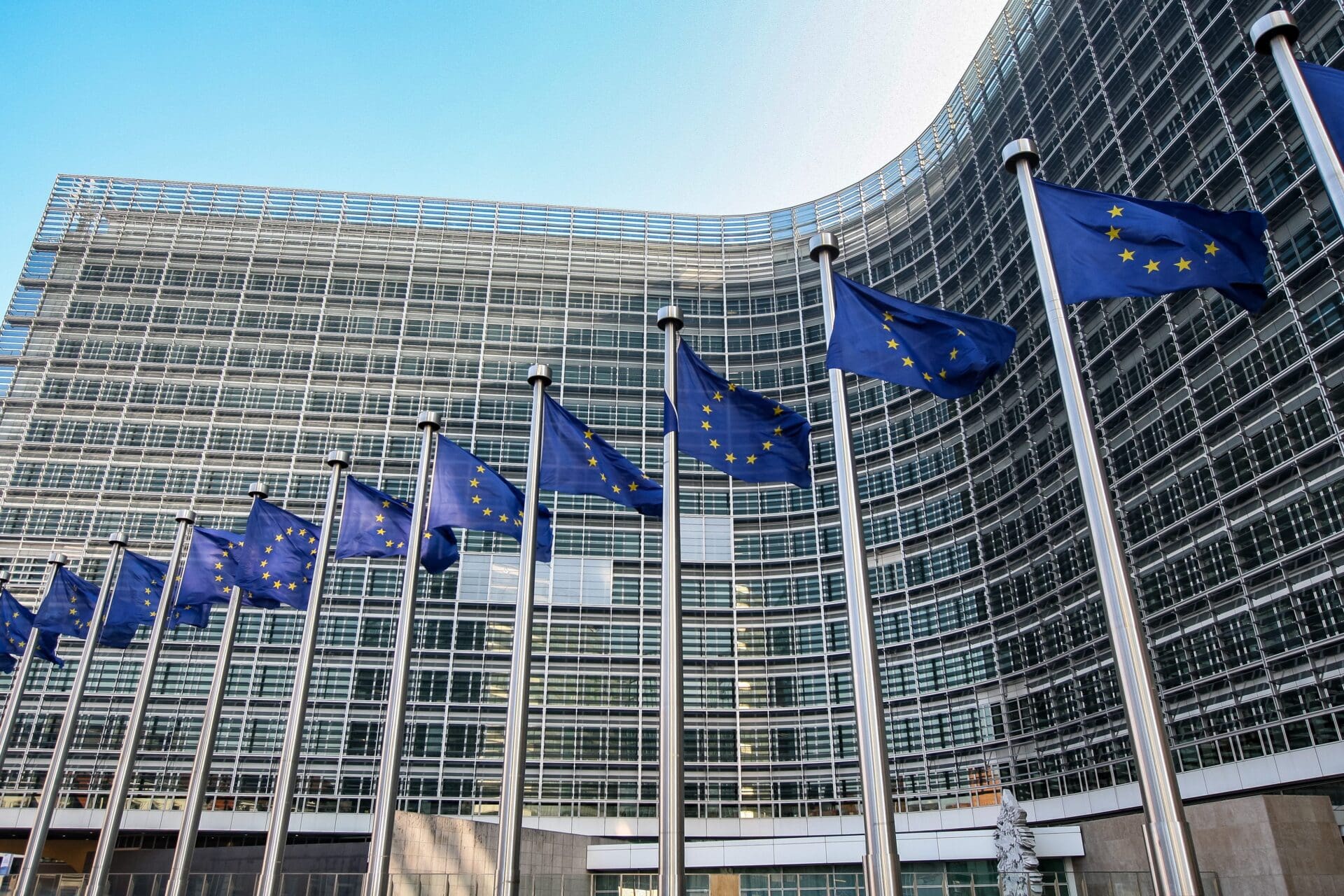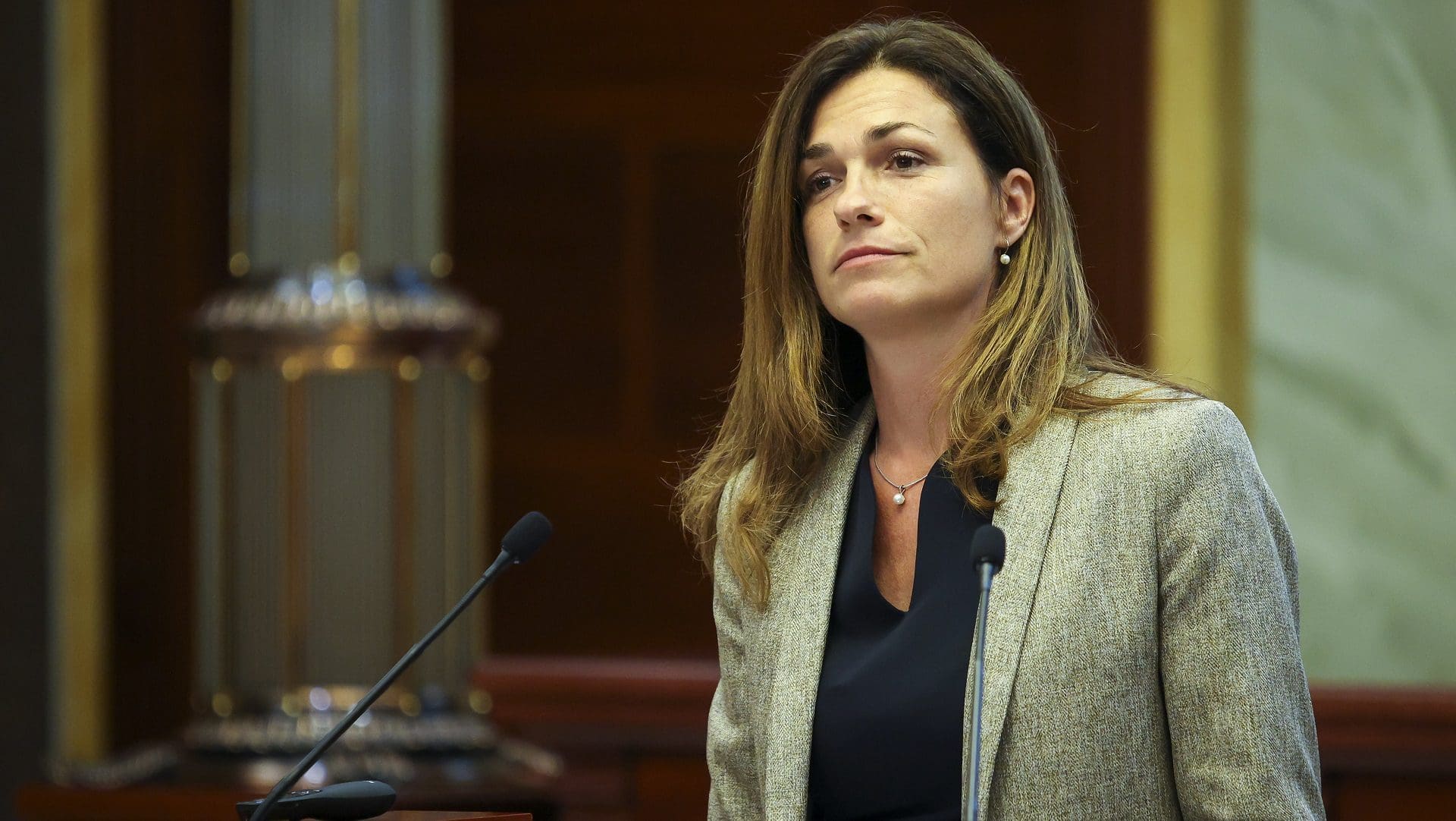
Vienna Migration Summit: Hungary Will Not Execute the EU’s Decisions on Migration
Another summit of the intergovernmental cooperation between Austria, Hungary, and Serbia took place on 7 July in Vienna, Austria. Apart from the heads of state and government, the three nations’ ministers of foreign affairs, and domestic and law enforcement leaders also took part in the conference, held at the Austrian Chancellor’s residence. The Vienna Summit was organised in the wake of Hungary and Poland officially objecting to the migration package at the European Commission’s 30 June session.

